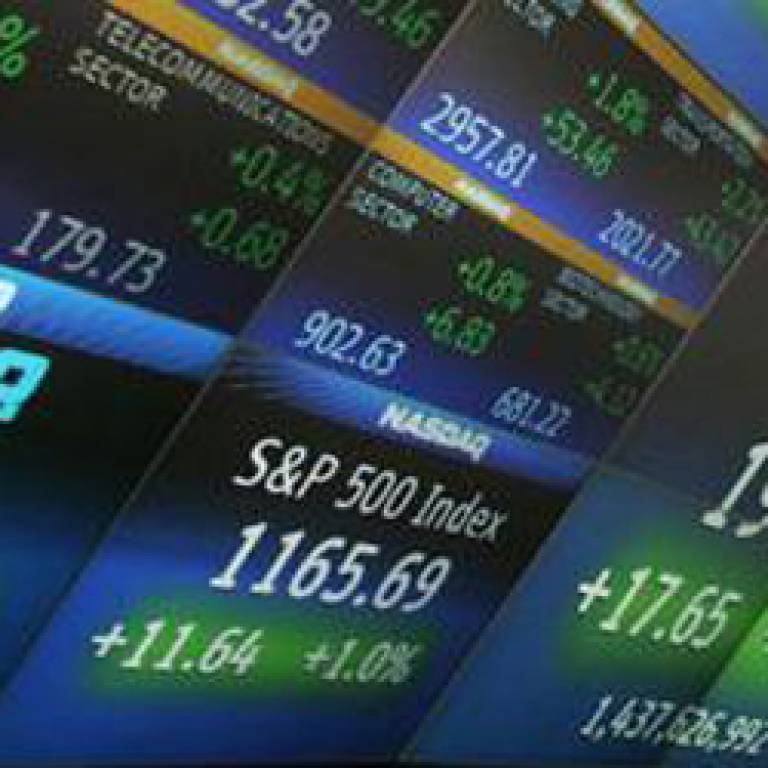Financial trading trends could cause malnutrition
21 May 2008
Links:
 ucl.ac.uk/cihd/" target="_self">UCL CIHD
ucl.ac.uk/cihd/" target="_self">UCL CIHD
Three UCL academics have presented evidence in the latest issue of 'The Lancet' that specific trends in financial trading are leading to overly inflated global food prices and malnutrition for the poorest people.
Professor Anthony Costello, Dr Noemi Pace and Dr Andrew Seal from the UCL Centre for International Health & Development are concerned that even though the price of staple foods has increased dramatically, supply and demand alone cannot account for the peak.
The team present evidence that the recent expanded market in food-commodity derivatives has led to large increases in speculative investment, pushing global food prices far higher than predicted by supply and demand effects.
Professor Costello explained: "Derivatives are shadow financial instruments that include forwards, futures, options, and swaps which may be used as insurance - hedging - or for speculation. Speculative purchasing of derivatives can create inflationary pressure, causing particular prices to increase above their real value, by artificially increasing demand. Sometimes, price rises due to speculation cause further speculative purchasing in the hope that prices will continue to rise. A positive feedback loop is created in which prices rise far above the underlying value of the commodity, generating an economic bubble. The price of the good then reaches absurd levels, the bubble bursts, and prices crash."
In developed countries, food accounts for 10 to 15 per cent of household expenditure, but in poorer countries it accounts for 40 per cent or more. The recent increase in staples such as rice, wheat, corn and cooking oil has the potential to reduce the amount and quality of food consumed, increasing the risk of malnutrition and its consequences.
Dr Pace said: "Certainly, free markets often improve food production. Nonetheless, it seems to us an infringement of human rights and an offence against humanity that large investors should speculate on food price rises knowing that families in the poorest countries will suffer hunger, malnutrition, and death. We note that, within the past few days, the Indian Government has stated its intention to ban futures trading in agricultural commodities. The G8 should also act quickly to regulate global trading in food-commodities derivatives more effectively."
To find out more, use the links at the top of this article.
Image: financial indexes
 Close
Close

